Share Your Stories
YEAR OF NEWS :

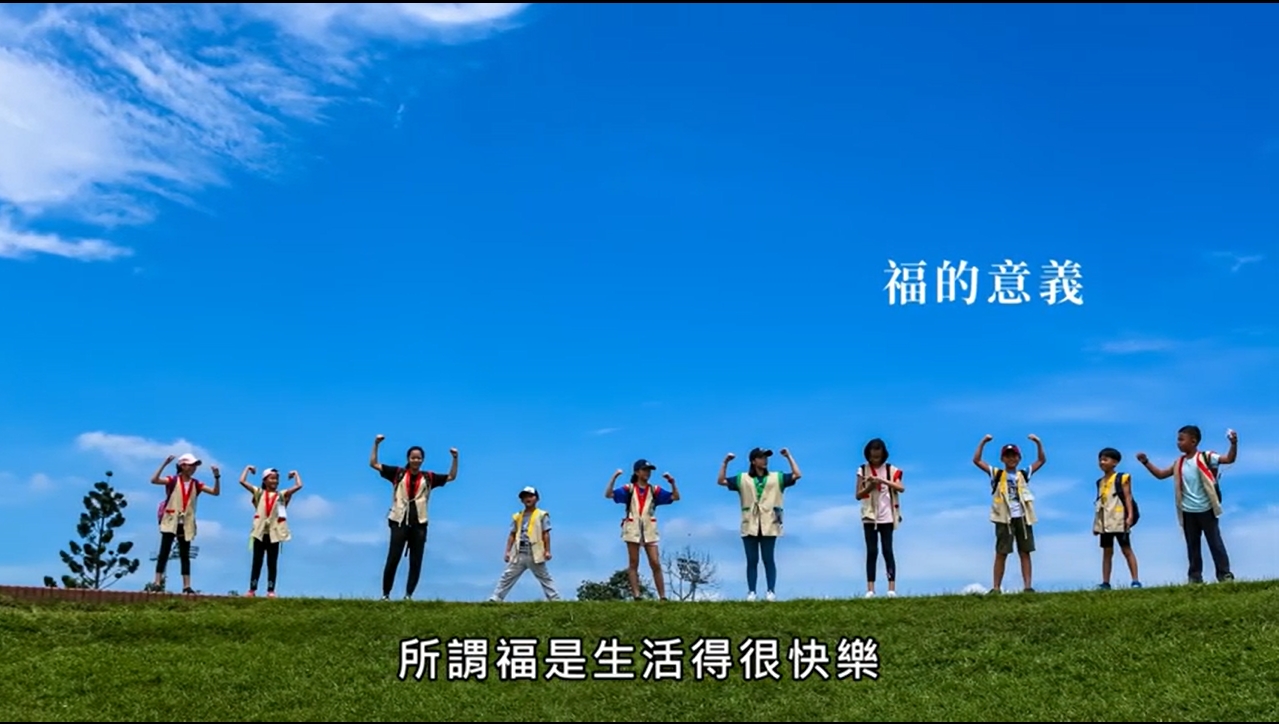
Wednesday, February 19, 2020
Blessings- What is it?
Ultimately it is the constant cleanliness, lightness and peacefulness of our inner world.
It is full of:
Happiness
Health
Friends
Compassion
Wisdom
Healthy body and mind, ease of body and mind, contentment of body and mind.
Contentment with our environment, with others.
No stress, no pressure. Full of thanksgiving and gratitude.
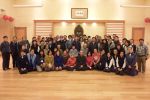
In a foggy morning on January 18th, 2014, participants one after the other arrived at the Dharma Drum Mountain Vancouver Center to attend the one-day Chan in Daily Life workshop guided by Abbot Venerable Guo Xing.
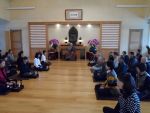
At the beginning of 2014, Dharma Drum Mountain Vancouver Center invited Venerable Guo Xing, Abbot of Dharma Drum Retreat Center, to lead a 2-day non-residential retreat. What a wonderful blessing to start the new year. In this retreat, we applied the method of “reciting the Buddha’s name.” This method was first introduced to us last year and was greatly appreciated by the participants.This year, we were fortunate to have Ven. Guo Xing back and lead another retreat with this simple but effective Chan practice method. The Venerable said that our six sense organs (eye, ear, nose, tongue, body, thoughts) are like six animals that constantly want to run out and to contact the external six sense fields (form, sound, smell, taste, touch, and thought).The way to keep the animals inside is to tie them with a rope. Likewise, the method is like the rope to keep our six sense organs still, and in this two-day retreat the method of reciting the Buddha’s name is the rope. Recitation of the Buddha’s name is not only a pure land method, but also a Chan meditation practice.
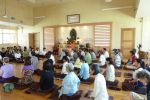
“We will be chanting ‘A’ ‘Mi’ ‘To’ ‘Fo’ four syllables throughout the day with our mouth, our feet and our body. As well, every cell in our body will be chanting.”
Venerable Guo Xing’s opening remarks continued…

Sometimes I forget, as Buddhist, why I do meditation. Sometimes I just want to shut myself off from the world and to achieve a moment of peace. Sitting meditation is particular good for this and I am grateful for it. But there is more to it than that.
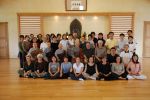
Abbot Venerable Guo Xing explained that our thoughts, what we hear, see, smell and touch are forms that are continuously arising and perishing. Then, what is that which is non-arising and non-perishing? In other words, what is wu? “Wu” is like a GPS, it allows us to find the non-arising and non-perishing mind.
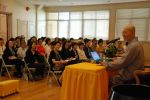
The mind is itself beyond duality… It is not the phenomena we see, hear, smell, taste, touch and think, but it has the functions of seeing, hearing, smelling, touching and thinking. The mind exists at all times and at all places.
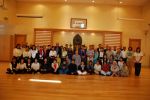
It was quiet in the Ch’an Hall of the Dharma Drum Mountain Vancouver Center in the morning on Labour Day, September 2, 2013. “Relax your…” said Abbot Venerable Guo Xing, guiding 125 people on relaxation.
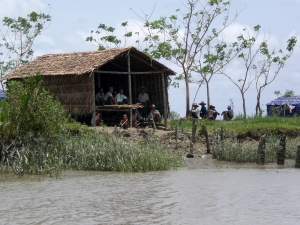
Theravada Buddhism has been endorsed as the national religion in Burma (officially known as the Union of Myanmar) since 1044. It is therefore natural for the Burmese to have incorporated Buddhist customs into their daily life. No wonder Myanmar's opposition leader Aung San Suu Kyi described her people as peaceful and tranquil - two beautiful characteristics which could be ascribed to the Burmese devotion to Buddhism.
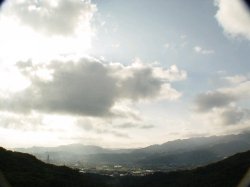
Last Sunday (February 28), I attended DDMBA's Living Ch'an Workshop. To learn the Buddha Dharma through a workshop sounds new to me. In fact, I wasn’t sure what to expect since it is neither a dharma talk nor a traditional meditation class.
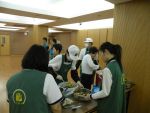
I have no experience in writing prose. It is challenging to me and I hope it does not bore you. This article is dedicated to all the Bodhisattvas who encouraged me to write and share.
|